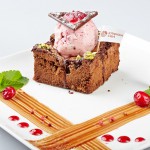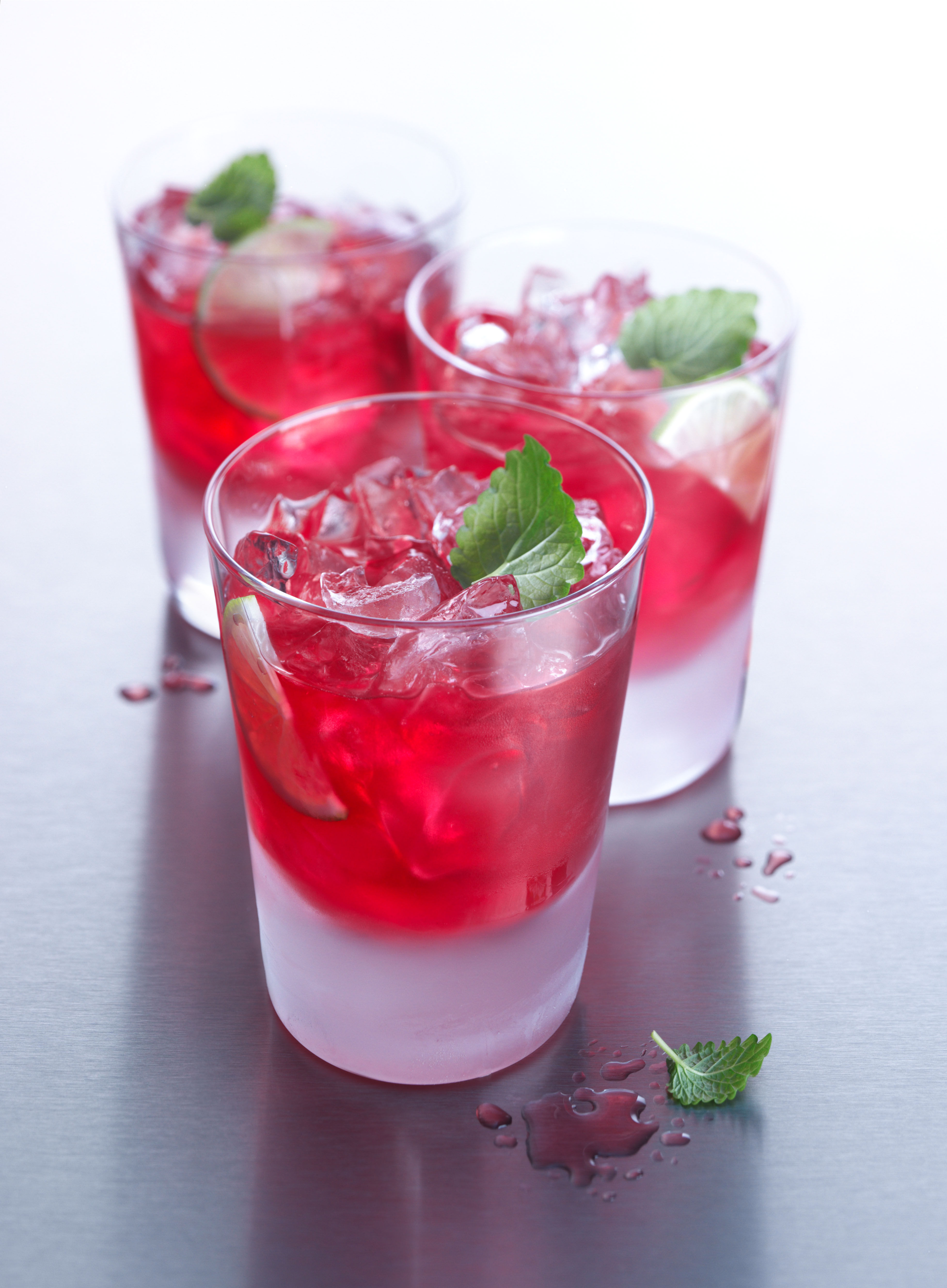Russian President Vladimir Putin signed a decree Wednesday ordering the “destruction” of all food brought into the country against import bans on Western products. The import bans were part of sanctions instituted in 2014 in response to Western sanctions on Russia over the Ukraine crisis.
The order will come into effect on Aug. 6. “[A]gricultural goods, raw materials and food originating from a country that has made the decision to introduce economic sanctions against Russian entities and/or individuals, or has joined such a decision, and which are prohibited from being imported into the Russian Federation … are subject to destruction,” the decree read, according to the Moscow Times.
The sanctions on Russia and those imposed by the country on Western countries have not affected Russia alone. Many European countries who were large exporters to Russia have also taken a hit. French dairy farmers have been protesting unfair prices and a shrinking market since the start of July, and a large part of that problem was due to the disappearance of the Russian market for French cheese.
The new decree does not pertain to the small amounts of Western goods that citizens are allowed to bring back from Europe or the U.S. for personal consumption. The limits of “personal consumption” have often been tested, with Russians attempting to smuggle large amounts of imported cheese or other specialty goods into the country. Earlier this month, a Russian man was caught attempting to smuggle 1,000 pounds of contraband cheese into the country. A large black market for these banned products has quickly emerged in the past year, complete with back room dealings.
www.ibtimes.com
 Комитет по продвижению клюквы США на выставке ПИР.
Комитет по продвижению клюквы США на выставке ПИР.
